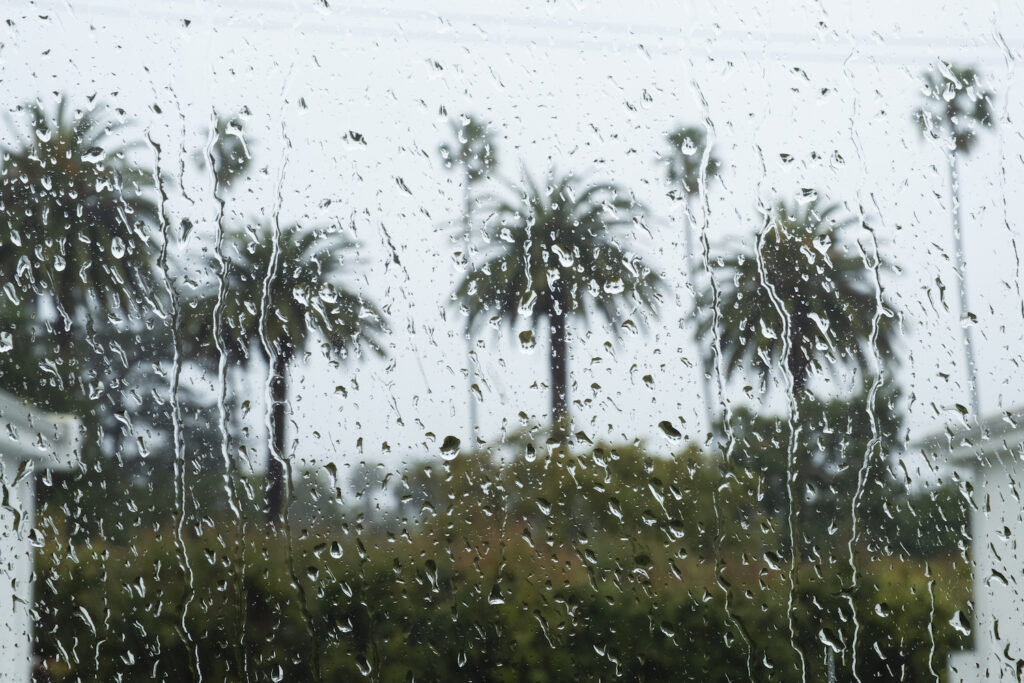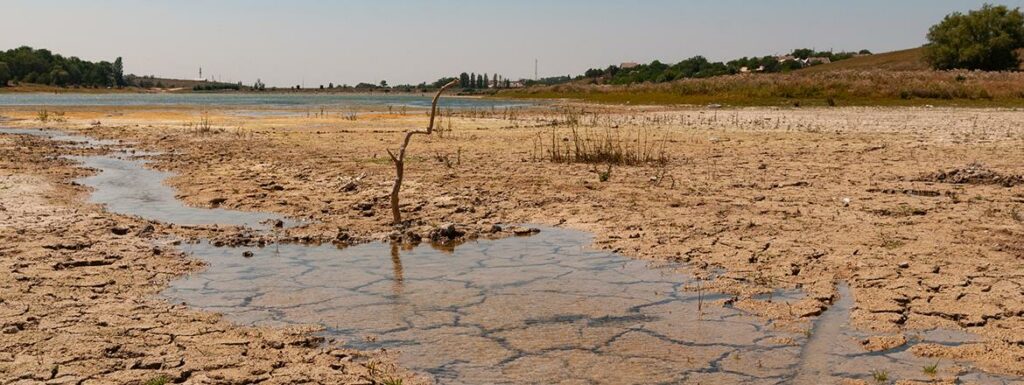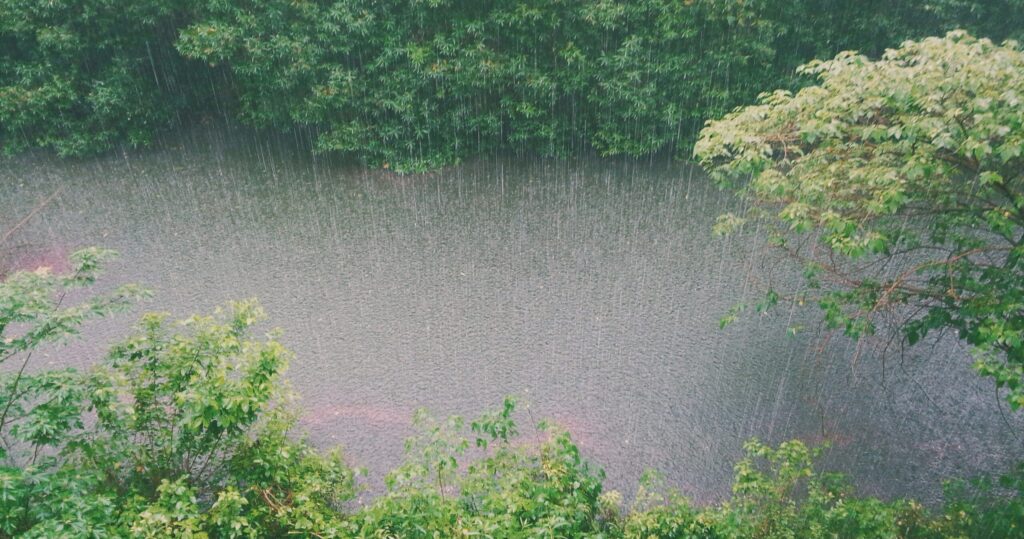If it was 2015, we would be bringing you the ominous news that climate scientists have discovered that global warming will reduce monsoon rainfall in India and Pakistan. According to a 2015 article in Nature India, climate scientists are warning that “rapid warming in the Indian Ocean is playing an important role in weakening the monsoon circulation and rainfall.” But it is 2022 and the monsoon rains in Pakistan are bigger than ever, so the science has changed and you’ll never guess what’s to blame, or rather, who. In covering the disaster in Pakistan, Climate Home News went for the smelling salts big time, saying “The scale of what happened in Pakistan is difficult to grasp. The apocalyptic monsoon flooding is a window into an overheated world we are not ready for…. After a summer of extraordinary heat, this is yet another ‘wake-up call’ for confronting the question: who will pay for climate damages that cannot be recovered or adapted to?” Plot spoiler: you will.
As Matt Ridley notes, based on 70 years of Pakistani precipitation records, the actual result of human greenhouse gases is no trend at all in rainfall there since 1940. But there has been widespread deforestation which would of course decrease the capacity of the land to absorb rain. But still, climate change.
We note drily that until about last Wednesday there was this persistent drought somewhere or another that proved man-made climate change was a crisis, “experts say”. For instance “The world’s rivers, canals and reservoirs are turning to dust” or “Drought brings tears in Namibia”. Or “Climate experts said the drought had been predicted for some time.” Then the skies opened in Pakistan and whaddaya know? Floods proved man-made climate change is a crisis.
Here in Ottawa we missed the whole drought thing, with the wettest August since 1893 according to records going back to 1872. 3rd place went to 1952 and 4th to 1981, 5th to 1915, 6th to 2010 and so on. You can see a clear pattern there. Especially as the driest since 1872 was in 1876. But our garden was looking pretty parched a month ago. Weird.
And NBC, discussing the Pakistani floods, said if it’s bad it’s climate change: “Experts and local officials have drawn a direct line to human-made climate change, saying it illustrates how countries with the lowest contributions to the global crisis are becoming increasingly vulnerable to its effects – and in dire need of urgent aid.”
NBC also quoted the “United Nations” that it was an “unprecedented climate catastrophe” which is amazingly ignorant given the tendency of monsoons to cause floods since the invention of rain. It is neither unprecedented nor climate-related though yes, it is a catastrophe. Though we should note that NBC also reported on floods in Kentucky ravaging schools without mentioning climate in the story, as they did with their “World ends, women and minorities hardest hit” piece on flooding in Jackson, Mississippi. But they don’t have to, do they? They just put both in their “Climate in crisis” section and let their biases speak for themselves, because everybody knows, right?
Thus facts and logic have become dispensable. As the New York Times’ “Climate Forward” explained brazenly, “Scientists can’t yet say exactly how climate change has shaped the disaster, but they know that global warming is sharply increasing the likelihood of extreme rain in the South Asia, home to a quarter of humanity. There is little doubt that it made this year’s monsoon season more destructive.”
Scientists can’t yet say, but they did. Journalists say. And to drive it home, “Climate Forward” did the alarmist time travel trick: “Researchers will need time to conduct attribution studies to understand exactly what happened this summer, but Steven Clemens, a professor of earth, environmental and planetary sciences at Brown University, said the months of deluge in Pakistan are ‘super consistent with what we expect in the future’ as the planet heats up.” So later is now, both for weather and for the state of scientific knowledge.
As the chart Ridley reproduced showed, rainfall in Pakistan is and always has been highly variable. As it is in New Mexico where the unprecedented man-made-climate-change drought in New Mexico is not unprecedented or man-made, just an absolutely typical entry in a 2,500-year-long record of it being quite wet sometimes and quite dry sometimes. As Europe’s drought was just one more in a long series of dryer than normal periods, wetter than normal ones and the occasional strangely normal spell. And England’s unprecedented summer of heat in 2022 wasn’t as hot as 1976.
Claiming natural climate variability can get you labeled a peddler of “false information” over at Facebook. But hey, live a little. And indeed it’s noteworthy that Pakistan’s “Climate Minister Sherry Rehman… has called this ‘the monster monsoon of the decade’ and described the situation as a ‘climate-induced humanitarian disaster of epic proportions.’” Nowadays “climate” means “man-made” not “that stuff out there” which never changes, or does anything bad, unless we provoke it. (As 10 years means “ever”.) And news stories unquestioningly reported that “Early estimates put the damage from Pakistan’s deadly floods at more than $10 billion, its planning minister said on Monday, adding that the world has an obligation to help the South Asian nation cope with the effects of man-made climate change.”
If you’re the kind of person who studied basic statistics you might also know that back in mid-July the Pakistan Meteorological Department blamed La Niña for above-average rainfall, La Niña being famously a circulation pattern in the Pacific that generally brings cooler weather. Though the story did add the obligatory “Some climate scientists are also anticipating that climate change is more likely to exacerbate the impact of La Niña and make it more frequent compared to yesteryears” before quoting the head of the UN’s World Meteorological Association that “Human-induced climate change” caused “more intense heat and drought and the associated risk of wildfires – as well as record-breaking deluges of rainfall and flooding”. So take your pick. It’s all climate change.



Not to quibble, is both La Nina and el nina, La Nina is correct
And la nina alsk isnt getting any credit for this years lack of named Atlantic storms. Its climate change ya know
“Some climate scientists" Typical alarmist double speak. Does some mean 2, 4. more than none, or almost all. I can only assume that there are many that don't agree. Settled science, my ass.